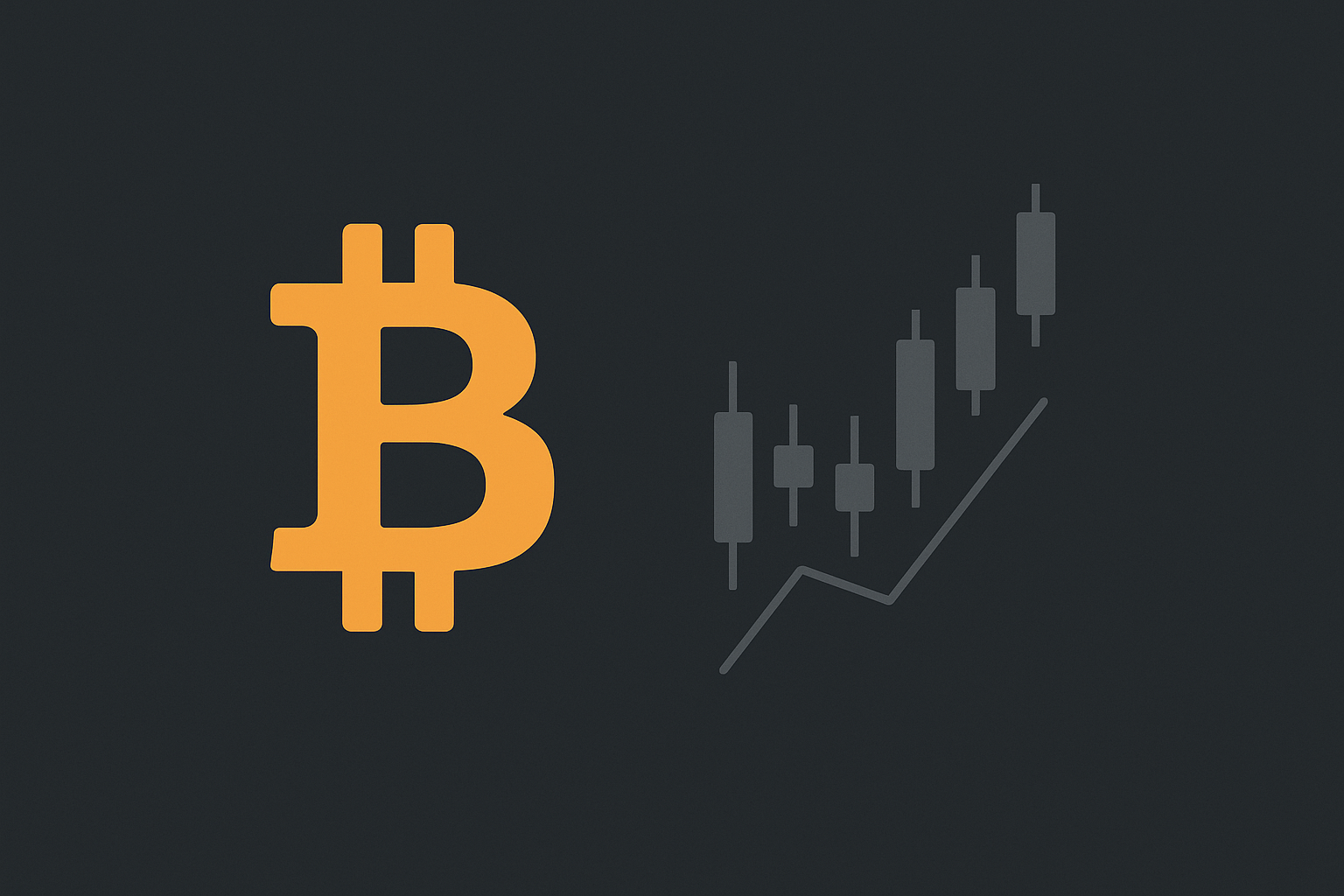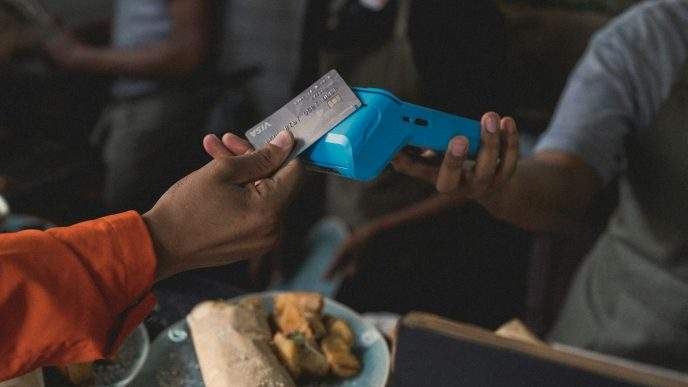The third annual Bitcoin Policy Institute (BPI) Summit was recently held which brought together U.S. Senators, SEC commissioners, bitcoin entrepreneurs, and grassroots advocates to debate and confront questions about sovereignty, economic coordination, and how bitcoin and digital assets technologies can advance America’s National interest.
What stands out the most is the work of BPI’s policy fellows through how their research makes the case for bitcoin’s role in the U.S. economy. Through data, legal analysis, and grounded storytelling, they illustrate how bitcoin is already functioning as infrastructure and a monetary force too significant to ignore.
The American approach serves as a useful reference for what engaged, organized advocacy can achieve. The summit makes it clear that bitcoin transcends partisanship to now being a matter of sovereignty.
This reflection distills the summit’s key insights and reimagines them within Africa’s fragmented and diverse monetary landscape. Because while bitcoin policy debates may be global, their implementation is local. That’s why Africa must not simply adopt foreign frameworks. Our realities are different, and so our legislative path must be our own.
What’s Different This Time?
Much of what the summit delivers is not entirely new. Calls for better regulation, clearer legal frameworks, and a more nuanced understanding of digital assets and technologies have echoed for years.
What changes now is who is saying it. Sitting U.S. Senators, SEC Commissioners, former White House officials. Bitcoin is not just seen as a speculative asset, it is being described as a monetary tool with military significance, a hedge against systemic risks, and a form of sovereign defense.
Speakers repeatedly acknowledge a hard truth: the United States lags behind. From delayed ETF approvals to legal ambiguity around software developers, America struggles to match the pace of innovation. Other countries move faster, with clearer structures in place.
SEC Commissioner Hester Peirce defends the freedom to innovate and protect speech. Lawmakers support regulatory clarity that protects open-source development. The shared message is simple: regulation must preserve liberty, not stifle it. And above all, the panels emphasize the need for civic participation: Bitcoiners must show up, speak clearly, and shape the frameworks that will govern their future.
The Political Imperative
Some U.S. lawmakers recognized bitcoin’s value long ago, but Congress only begins to align. As Commissioner Peirce notes, legislators must stay “on top of the trend” especially with fast-moving technologies while acknowledging that SEC was first compelled by the courts to engage with bitcoin related products.
One theme Africa cannot ignore is that without a favorable administration, nothing moves. Policy doesn’t advance on truth alone. It moves when leadership is informed, open, and willing to act.
In the U.S., political appetite builds because President Trump’s administration “understand how the technologies work for them”. For one, they know that stablecoin reinforces dollar hegemony, hence, the GENIUS Act. As The technology began to work for the political class that’s when the gears turned.
Africa must take note. Policy doesn’t emerge from data alone it emerges from incentives. Building a bitcoin future here requires identifying and engaging regimes especially those that already show interest or are willing to on the subject. That’s where the groundwork will take root.
Africa’s Mirror: The Lessons and the Mandate
Africa has no universal currency to defend. Unlike the United States, we are not securing global supremacy, we are striving towards economic freedom. That fundamental difference must shape our legislative priorities.
We should not wait while inaction hardens into policy by default—often shaped by foreign frameworks that do not serve us. The opportunity before us is to lead on our own terms and at our own pace, grounded in real use cases and urgent local needs.
Africa’s monetary landscape remains fragmented: while Nigeria bans, Ethiopia mines, and Egypt prohibits outright
We must ask ourselves whether a continental approach is even ideal or whether we build country by country, from the ground up. The answer must start where bitcoin already works, and why.
For African nations facing chronic foreign exchange crises, bitcoin offers a form of monetary insulation. A bitcoin strategic reserve doesn’t need to begin with massive state buy-ins. It can start modestly through mining revenue, diaspora remittances, or trade settlements and grow into a tool of financial resilience.
Legislating from Use Case, Not Theory
Bitcoin must first prove itself in the grassroots before it ever appears in a statute. Policy must begin with lived reality and the answers are already emerging in the growing number of bitcoin circular economies across the continent.
These are the communities where bitcoin isn’t just an idea. It is a medium of exchange, a store of value, a shield against inflation, a remittance tool, and a symbol of financial independence. People are earning, spending, saving, and surviving on bitcoin. And it is from these communities that we can gather the data, the stories, and the signals that should guide our lawmaking.
Legislation should emerge from the proof-of-work already underway by merchants, students, freelancers, miners, and remittance recipients who are quietly building a parallel economy that works where the formal one has failed. According to Chainalysis, between July 1, 2023, and June 30, 2024, Nigeria processed $59 billion in on‑chain crypto value—positioning it second globally in adoption.
The future of bitcoin policy in Africa must be rooted in where the network is already alive in the hands of people, not just in policy papers.
Africa Requires Country-Specific Bitcoin Legislation
There is no one-size-fits-all. Our diversity in energy, infrastructure, inflation, and monetary regimes demands localized approaches. Where a Strategic Reserve bill can wait, market structure for exchange traded products, and mining activities is imminent.
In the U.S., lawmakers prioritize stablecoin and market structure bills to reinforce dollar dominance. Stablecoins, without question, protect U.S. monetary hegemony. Bitcoin can wait, control comes first.
Africa doesn’t have that luxury. We have no global reserve currency. We face recurring foreign exchange crises. For us, bitcoin is not a threat to a monetary empire. It is a chance to build resilience.
Africa’s response must be rooted in local needs, not borrowed models. The African Bitcoin Policy Institute is still in its foundational stage, but its purpose is clear to lay the groundwork for policy that reflects Africa’s unique path.
What Africa needs now is not sweeping regulation, but thoughtful structure. A framework that protects, guides, and allows room for innovation.
Many foreign bitcoiners echo the same sentiment which is: Africa is the best place to test whether bitcoin’s decentralization holds up. Because here, there is no safety net, only communities choosing a better alternative.
Bitcoin has the potential to reshape how we organize, how we coordinate, and how we reclaim autonomy. The path forward is not about rushing to regulate. It is about choosing to build, clearly, freely, and on our own terms.
The African bitcoin communities must first organize as an industry, be bold about our contributions and then give regulators clear reasons why they should care. And with a friendly administration in place, the path becomes clearer and easier to navigate.














